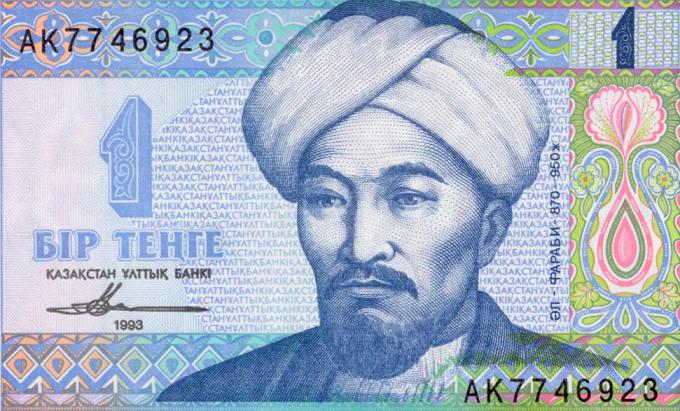While Europe was living in the Middle Ages, civilization was in Islam: Who is Al-Farabi, the philosopher of the Islamic golden age?
Never married. He did not acquire property. He didn't like fame or ostentation. He was in love with reality. He was known as Al-Fârâbîus and Alpharabius in the Latin Middle Ages.

He was a famous philosopher and scientist who lived during the Golden Age of Islam between the 8th and 13th centuries.
Farabi was the son of a general. Although his exact date of birth is not known, it is considered to be approximately 871-872. His father is the commander of Vesç Castle.
He completed his primary education in Farab and Bukhara but later went to Baghdad for higher education, where he studied and worked for a long time, 901-942. As a philosopher and scientist, he gained great mastery in various disciplines and was transferred as an expert in different languages.
Al-Farabi traveled to many distant countries and worked for a time in Damascus and Egypt, but he came back to Baghdad again and again until he visited the palace of Saif al-Dawla in Aleppo. He became one of the king's loyal advisers, and it was here in Aleppo that his fame spread far and wide. In his early years, he was a Kadhi (Judge) but later chose to teach as a profession. Throughout his career, he has endured great hardship and once even became a gardener. He died unmarried in Damascus in 950 at the age of 80.
Farabi contributed considerably to science, philosophy, logic, sociology, medicine, mathematics, and music. His major contributions seem to have been to philosophy, logic, and sociology, and he is, of course, outstanding as an Encyclopedist. As a philosopher, he can be classified as a Neoplatonist who tries to reconcile the philosophy of Plato and Aristotle with Islamic philosophy. He has written some rich expositions on Aristotle's physics, meteorology, logic, in addition to his numerous books on several other subjects covering his original contributions.
In the tradition of Islamic philosophy, he is referred to as the 'Second Teacher' (al-muallimü's-sani) after Aristotle, who is known as the 'first teacher. One of Farabi's important contributions was to facilitate the study of logic by dividing it into two categories, namely, Tahayyül (idea) and Subut (proof).
He wrote several books in sociology apart from the famous Erdemli Şehir (Ara Ehli'l-Medineti'l-Fazıla). His books on psychology and metaphysics largely reflect his own work. At the same time, he wrote a book on music titled Music Book (Kitab'ül-Musika). He was a great expert in the art and science of music, and in addition to his contributions to the knowledge of musical notation, he also invented several musical instruments.
It is said that he played his instrument well enough to make people cry and laugh whenever he wanted. In physics, he demonstrated the existence of a vacuum. Although most of his books have been lost, 117 works are known, including 43 on logic, 11 on metaphysics, 7 on ethics, 7 on political science, 17 on music, medicine, and sociology, and 11 on tafsir.
When Farabi arrived in Baghdad, he was over 40 years old. Here, he took lessons on the intricacies of the Arabic language from Ibn al-Sarraj, one of the greatest language scholars of the period, and gave logic lessons to his teacher. Another name Fârâbî took lessons is the Christian translator and commentator Ebu Bişr Metta b. Yunus. Fârâbî learns the method of expressing the most complex logic problems with a simple style from this teacher. But his most important lessons in logic and philosophy were John of Harran b. He gets it from Haylan. It is also worth noting that there are allegations that he went to Haran with Haylan...
Farabi stays in Baghdad for 20 years. He wrote most of his works here. However, he left the city in 941 due to the turmoil. According to the allegations, he first went to Aleppo, where he was hosted in the palace of the Emir of Hemdani Seyfuddevle. Emir Seyfuddevle shows closeness to him, and together they pass from Aleppo to Damascus.
Age has matured now, and the weight of old age has limited his mobility. Al-Farabi travels to Egypt despite his advanced age. The date is 948. He completes his short visit to Egypt and returns to Damascus. And here he died in December 950, at the age of 80. 14 or 15 prominent statesmen attend his funeral.
Fârâbî, who wrote his works in Arabic, is a systematic and synthesizing philosopher. The system of thought he established constitutes a starting point for Islamic philosophy after him. He is a person who has the quality of being the greatest philosopher of the Islamic world with his understanding, understanding, and interpretation. The science of logic was accepted as a prelude not only for philosophical works but also for religious works together with Ghazali.
